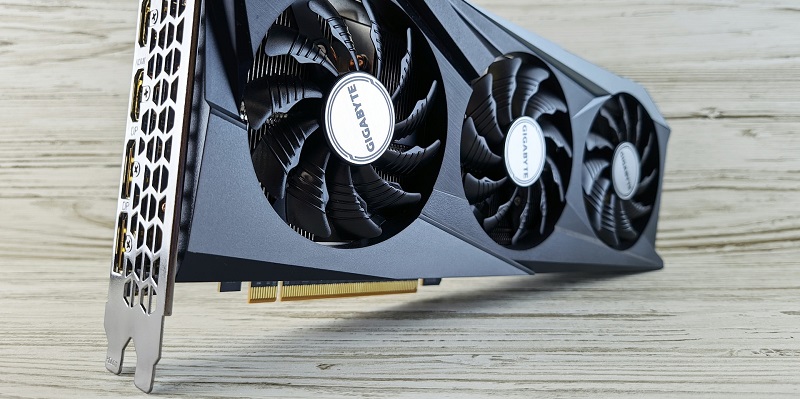Chinese tech behemoths have recently made a massive investment in artificial intelligence (AI) GPUs, ordering a staggering $5 billion worth of GPUs from NVIDIA. This move highlights the increasing importance of the Chinese market for NVIDIA’s AI products and the immense potential it holds.
The current availability of AI GPU variants in China
NVIDIA already offers cut-down variants of its AI GPUs in China, allowing Chinese consumers to tap into the power of AI. These variants provide a taste of the capabilities of NVIDIA’s GPU technology and have been embraced by tech enthusiasts and companies alike.
Significant demand for AI GPUs in China
The demand for AI GPUs in China is soaring, with these powerful computing units selling like hotcakes. Among the most sought-after models are the A800s, which have become increasingly popular due to their exceptional performance and efficiency. Leading Chinese companies like Baidu, ByteDance, Tencent, and Alibaba are among those that have placed substantial orders, totaling a remarkable 100,000 NVIDIA A800 AI GPUs.
To meet this high demand, these companies have also placed additional large-volume orders, skyrocketing the valuation of these orders to an impressive $4 billion. This surge in demand is driven by the ongoing battle among tech companies to integrate generative AI into their mainstream applications, further fueling the need for powerful AI GPUs.
Benefits and challenges for NVIDIA
The exponential increase in demand for AI GPUs in China has undoubtedly brought significant benefits to NVIDIA. The company has witnessed a substantial rise in revenue, boosting its position as a key player in the AI hardware market. The company’s exceptional technology and reputation for delivering high-performance GPUs have positioned it at the forefront of the Chinese market.
However, the surge in demand has also presented challenges for Team Green. The overwhelming number of orders has resulted in order backlogs, with some customers experiencing delays of up to six months. Although this backlog reflects the unprecedented demand for NVIDIA’s AI GPUs, it also necessitates a careful balance between meeting current demand and addressing these order delays.
Projection of Future Growth
With the current surge in demand and the increasing integration of AI into various industries, it is projected that NVIDIA could garner a staggering $300 billion in sales by 2027 through AI-driven products. This projection demonstrates the immense potential of the Chinese market for NVIDIA as it continues to innovate and drive the adoption of AI technologies.
The recent multi-billion-dollar orders from Chinese tech behemoths reaffirm the significance of the Chinese market for NVIDIA’s AI GPUs. As the demand for AI technology continues to rise and major companies battle to implement generative AI into their mainstream applications, NVIDIA is well-positioned to capitalize on this trend. However, the company must also address the challenges brought by overwhelming demand and order backlogs to ensure timely delivery and customer satisfaction. Overall, NVIDIA’s long-term success hinges on its ability to meet the growing demand and maintain its technological leadership in the AI hardware market.

